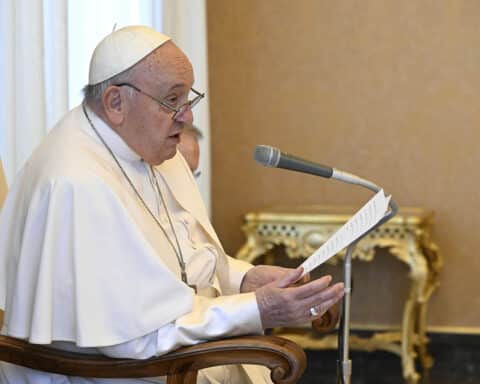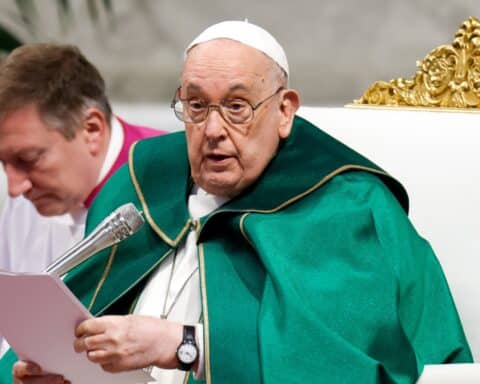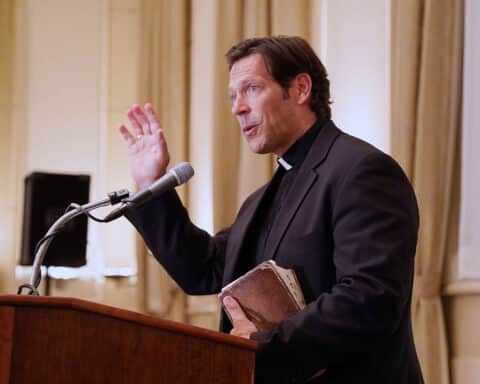Question: The Bible says we should obey the law of the land as well as the law of God. So is it a sin to deliberately drive faster than the speed limit?
— Ben Hoffman, via email.
Answer: Civil law is made by man, and while, as a general rule, one should obey such laws, there are not the same obligations as we have with divine law. Should any civil law violate divine law, it must be resisted and should not be followed.
Many theologians, such as St. Thomas Aquinas, argue that unjust laws that violate God’s teachings are no laws at all. Even civil laws that do not violate divine law may, at times, be justly violated.
For example, there are laws forbidding “jaywalking.” However, since charity is the highest law, if one sees a person in urgent need (e.g. heart attack) across the street, one reasonably violates the jaywalking laws and should not go to the nearest crosswalk and wait for the light. Civil law, for the most part, involves the judgments of man and can and does change as conditions alter. Divine moral law is unchangeable, however, rooted as it is in natural law and God’s unchanging nature.
So, what about speed limits?
As for speed limits etc., they should be observed, other things being equal. However, there also sets up a kind of “range” of observance that is tolerated and even expected, and this affects the moral analysis. Context is important. In residential settings, not surpassing the speed limit is more important than on divided highways protected by guard rails and lights. There can even be cases in highway settings where precisely following the speed limits creates a hazard, especially in the left or passing lanes. Most drivers and law enforcement officials permit a kind of “ten mile per hour” norm or spectrum that acknowledges the fact that many exceed the speed limit somewhere in that range, either intentionally or by oversight. Beyond that norm, one unreasonably and wrongfully violates speed limits and are issued tickets when limits are violated to that degree.
Hence, the Christian response in such matters as traffic rightly observes the law but also adapts to the social norms that permit some range of observance. Rigid observance in such contexts may actually harm the very safety the law seeks to promote. The Christian tradition also, while acknowledging the range, would certainly teach that it is a sin to surpass the accepted and often expected range.





